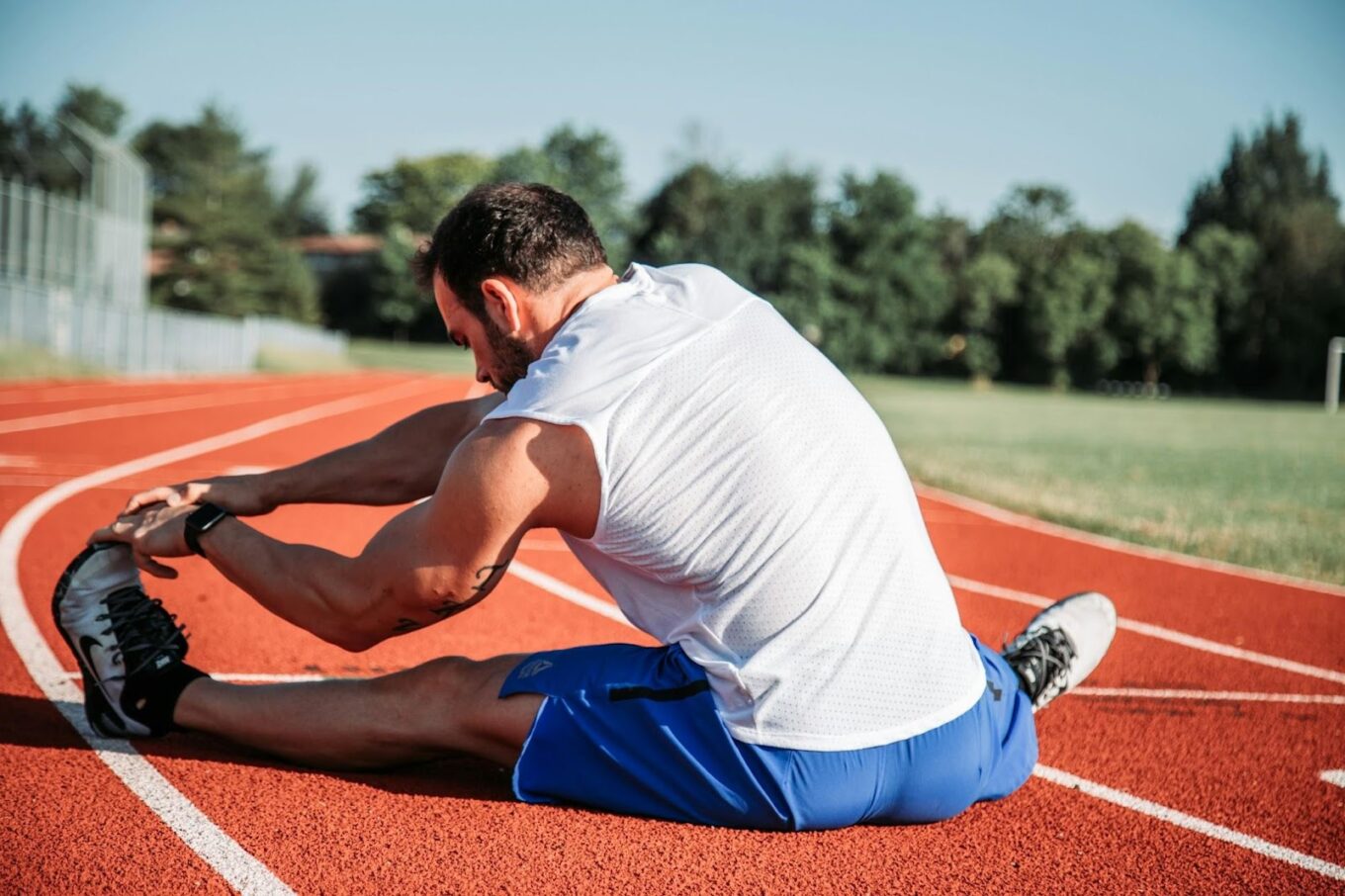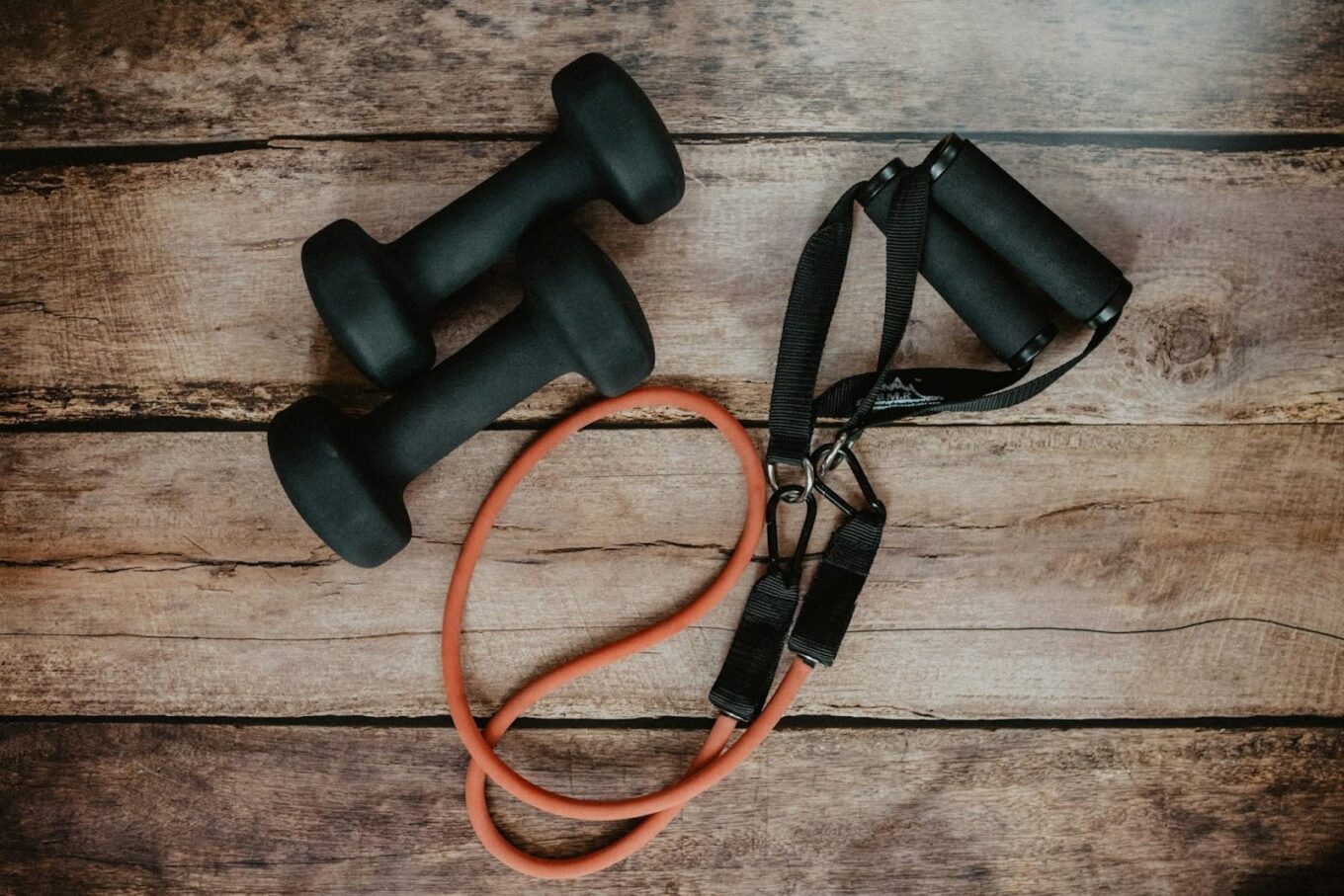
The world of sports is broad and multifaceted. It includes everything from skiing and boxing to the enchanting world of Wimbledon. However, these activities aren’t without their risks, and it’s common for people to have accidents. If you’ve experienced a sports injury, it can be painful and frustrating. In this article, we provide valuable advice and explore some strategies to help you recover effectively.
Understand How Or Why The Injury Occurred
This is crucial because many injuries aren’t random occurrences. Instead, they often result from underlying issues such as muscle imbalances, poor biomechanics, or overtraining. By identifying the root cause of the injury, you can address these issues and prevent future re-occurrences.
In some cases, an injury might happen due to improper form during training or competition. Taking the time to analyze and correct your techniques can be instrumental in reducing the risk of re-injury. You should also consider factors such as:
- fatigue
- lack of proper warm-up or after-exercise stretching
- inadequate rest
It’s wise to seek guidance from healthcare professionals or coaches who specialize in sports medicine. They can provide valuable insights into preventing similar injuries in the future.
Seek Legal Assistance
After a sports injury, pursuing legal advice can be crucial in protecting your rights and ensuring you receive fair compensation (where applicable). This applies whether you’ve been injured as an athlete, a spectator, or even by faulty equipment. It’s wise to seek the help of a legal professional specializing in personal injury cases. They can help with assessing liability, negotiating with insurance companies, or pursuing litigation if necessary. By having the constant support of experienced legal counsel, you can maximize your chances of gaining financial compensation.
You’ll want to seek medical treatment and focus on physical rehabilitation. At the same time, your lawyer can help alleviate additional stress and uncertainty by covering the legal issues. They can help you navigate complex insurance policies, understand your entitlements, and ensure that all possible avenues are explored. Whether they’re a sports injury lawyer or an experienced pedestrian accident lawyer, they can provide a free consultation or online chat. Their website will display client testimonials, awards and affiliations, and details of previous verdicts and settlements. If they have a ‘no win no fee’ policy, you have nothing to lose by contacting them.
Pursue Immediate Medical Guidance
After becoming injured, it may be tempting to rely solely on self-diagnosis or home remedies. However, it’s always preferential to consult with a healthcare specialist. They can provide valuable insights and personalized treatment plans, tailored to your specific condition. Some injuries (such as concussions or internal bleeding) don’t always manifest symptoms immediately after they occur. This can lead individuals to underestimate the severity of the situation. If these injuries are left untreated or ignored, they can potentially worsen over time, and lead to more serious complications.
For example, a minor head injury could develop into a more severe condition (like a traumatic brain injury) if not properly diagnosed and treated promptly. Medical guidance goes beyond just treating the physical symptoms of a sports injury. It also encompasses mental and emotional support during this challenging time.
Consider Physical Therapy
If your medical practitioner recommends this, be sure to follow their suggestions. Physical therapy aids in the healing process and focuses on restoring strength and range of motion. Through personalized exercises and techniques, physical therapists can target specific areas affected by the injury, helping you regain functionality. Your physical therapist will also delve deeper into understanding the root cause of the injury. By identifying underlying issues (e.g. muscle imbalances or improper biomechanics), they can develop comprehensive treatment plans to prevent future injuries.
Some potential activities you may need to do include:
- Stretching
- Strengthening exercises
- Balance exercises
- Core stabilization exercises
- Range of motion exercises
- Cardiovascular exercises

Use Specific Sports Equipment
When it comes to sports injuries, prevention is just as crucial as treatment. Incorporating foam rollers into pre-workout routines can help loosen tight muscles and improve circulation. In turn, this reduces the risk of strains or sprains. The combination of foam rollers and resistance bands enhances the body’s resilience by promoting balance, flexibility, and stability (key factors in preventing future injuries). Foam rollers are a valuable tool for athletes recovering from sports injuries, as they offer targeted relief and support. These cylindrical cushions may seem simple, but their impact on muscle recovery is profound.
Also, resistance bands are useful for people injured in sports. This is because they provide a low-impact way to strengthen muscles, without putting too much strain on the injury. The bands allow for gradual progression in resistance levels, helping individuals rebuild strength and flexibility in a controlled manner. Other potential equipment includes:
- Stability balls and pilates rings
- Yoga blocks and balance boards
- Ankle weights and hand grippers
- Suspension trainers, and kettlebells with adjustable weights
- Aquatic exercise equipment (e.g. water dumbbells) and soft medicine balls
Obtain Mental Health Support
The psychological impact of being sidelined from physical activities can be significant and often overlooked. It’s often beneficial to seek professional help, such as therapy or counseling. In turn, this can equip athletes with coping strategies. These are especially useful when people are faced with long recovery periods. You may also wish to join a support group or online community that’s tailored to injured athletes. These can provide a sense of belonging and shared experiences, as you meet others going through similar struggles.
It’s important to recognize that mental health is as important as physical health. Are you battling anxiety and depression, or feelings of loss and frustration? If so, these emotions can impede the healing process if left unaddressed. By prioritizing your mental well-being, you’ll be better equipped to face your fears, manage setbacks, and stay motivated throughout your recovery journey. Finally, realize that seeking help isn’t a sign of weakness. Instead, it’s a brave and proactive step towards holistic healing, and returning stronger than ever before.

Prioritize Rest
This allows the body to repair and strengthen itself, aiding in faster recovery. In contrast, pushing through pain and ignoring the body’s signals can do more harm than good in the long term. Also, rest isn’t just physical because it also encompasses mental rejuvenation.
Take the time to relax and unwind. In turn, you can help reduce the stress levels that hinder the healing process. Embracing a holistic approach to recovery includes adequate sleep, relaxation techniques, and mindfulness practices. When combined, they can significantly enhance your overall well-being during rehabilitation.
Exercise Gradually
Rushing back into intense physical activity can worsen the injury and lead to setbacks. You should therefore start slow and incorporate gentle movements. This will allow your body to build strength and flexibility, without risking further harm.
Gradually raise the intensity and length of each workout. This helps prevent overexertion and reduces the chances of re-injury. This approach allows you to monitor your progress effectively, making it easier to track improvements and adjust your routine as needed. Be patient and mindful that slow progress is still progress.
Make Some Lifestyle Sacrifices While You Recover
This may involve giving up certain activities or habits that could hinder your progress and prolong your recovery time. This may mean missing your sports club, gym, or certain social events for a while. It can be tough changing your routine and not seeing some of your friends so much. Plus you may struggle with your newfound free time, not knowing how to occupy yourself.
It can be difficult to let go of things that once brought joy or comfort. However, you need to recognize the temporary nature of these sacrifices. In turn, this can help you stay focused on the bigger picture: returning to full health and strength. Consider these sacrifices as investments in your future well-being, rather than restrictions on your current lifestyle. Adopt a mindset that prioritizes long-term health over short-term gratification. In turn, you’ll be better equipped to make choices that support your recovery goals.
Return Stronger Than Before
After experiencing a sports injury, the journey towards recovery can often feel like an uphill battle. However, it’s essential to remember that setbacks aren’t permanent, and can serve as opportunities for growth. By embracing the challenge of rehabilitation with determination and resilience, you can return stronger than before. Combine holistic healing methods with maintaining a positive mindset. This way, you can emerge from your injuries with newfound strength, both physically and mentally.
One way to gain strength is through the support of healthcare professionals, coaches, and loved ones. They can provide valuable guidance and encouragement every step of the way. Whilst setbacks are inevitable, it’s how you respond to these challenges that ultimately shapes your ability to come back even stronger.
It has now become clear that recovering from a sports injury can be a challenging journey. It requires patience, dedication, and proper guidance. By following the advice provided in this article, you can safely navigate the road to rehabilitation. Over time, you’ll be up and running again, and ready to resume your normal sporting activities. Plus you may have acquired some nuggets of wisdom along the way.





